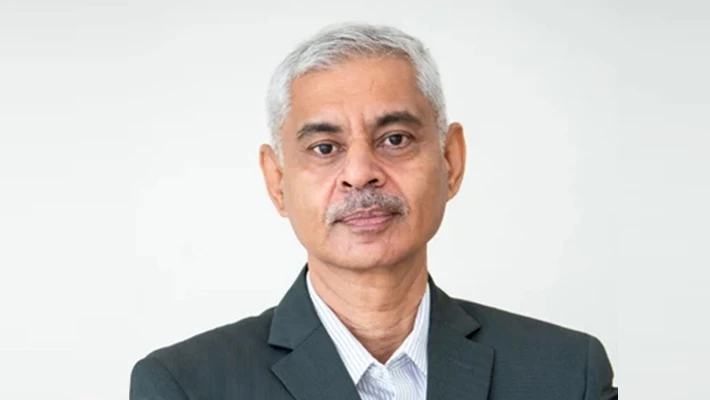
Dr. Suneet Tuli
Dean, School of Engineering
Shiv Nadar Institution of Eminence
B.E. (Honors), Electrical & Electronics, BITS Pilani
M.Tech., Electronics, IIT Delhi
Ph.D., Electronics, IIT Delhi
Dr. Suneet Tuli
Scientists investigate the world which already is;
Engineers create a world which has never been
Theodore Von Kármán, (1881-1963), renowned aeronautical engineer and founder of the Jet Propulsion Lab
Engineering is an interdisciplinary field that fuses knowledge from classic disciplines like Physics, Mathematics, Chemistry and Biology, and more recently Computing.
The School of Engineering at the Shiv Nadar Institution of Eminence embraces this ethos of interdisciplinarity in its teaching and research. One of the most distinctive objectives articulated in our mission statement is our commitment to the discovery of new knowledge, and the dissemination of that knowledge through research, scholarly, and creative endeavors. Realizing this vision implies bringing together teaching and research. While there is a surfeit of teaching institutions in India, the examples of research-centric institutions are sparse, limited to a few IITs and the IISc. Therefore, our vision of building a research-centric School of Engineering is an unprecedented opportunity.
The current curriculum in the School of Engineering emphasizes the fundamentals of the field while keeping a keen eye on the needs of the changing landscape of the job market. The wide range of multidisciplinary subjects gives our students an optimal blend of technical skill and social responsibility gearing them to become leaders in their chosen fields.
The School has five primary departments, viz., Civil, Mechanical, Chemical, Electrical and CSE. Each department offers a Major program with Specializations conforming to contemporary needs. For example, the Department of Computer Science & Engineering offers specializations in AI, Security, and Data Science. In addition, departments also offer Minor area programs and in near future we will also offer interdisciplinary minors to provide students more choice. In particular, they will be aligned with the four university-wide thrust areas of Energy, Environment, Data and Computation, and Cognition and Behavior.
As faculty members are the foundation of any great institution, we hire our faculty through a rigorous process that includes evaluation by department faculty members, the Dean of Engineering, as well as reputed external experts. There is internal research funding available for new faculty, as well as support to competing for external funds.
We envisage that all departments of the School of Engineering will be counted among the top 10 nationally and be ranked among the top 100 internationally over time.